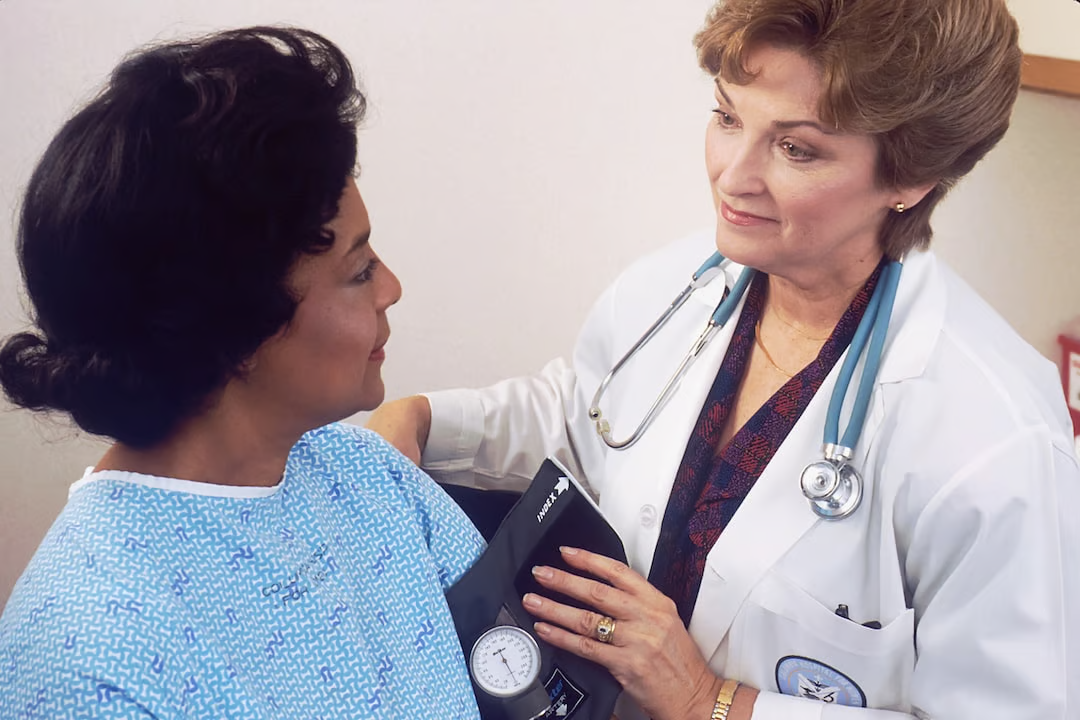The challenge of treating patients battling drug addiction is a complex and evolving field in healthcare. With the rise of opioid addiction and other substance abuse disorders, medical professionals must continually adapt their knowledge and skills to effectively support and guide their patients toward recovery. This document aims to outline practical strategies and resources for healthcare providers looking to expand their expertise in the care of drug-addicted patients. From understanding the biochemical underpinnings of addiction to navigating the emotional terrain of recovery, our goal is to offer a comprehensive guide to enhance your approach to this critical aspect of patient care.
Understanding the Biochemical Basis of Addiction
Gaining a solid understanding of the biochemical processes that underlie addiction is crucial for healthcare providers. This knowledge equips professionals with the insight needed to address the physical aspects of addiction and withdrawal. Addiction alters the brain’s natural reward system, leading to a compulsive desire to consume the addictive substance. Familiarizing yourself with current research on neurotransmitter activity and brain adaptation in response to substance abuse can significantly improve treatment strategies and patient outcomes.
Empathy and Communication Skills
Effective treatment of drug addiction requires more than just medical knowledge; it demands strong communication skills and empathy. Healthcare providers should strive to create a nonjudgmental environment that fosters honest communication, enabling patients to share their struggles and achievements without fear of stigma. Building a trusting relationship with patients struggling with addiction can encourage them to be more open about their experiences and more receptive to treatment.
Integrating Behavioral Therapies
Behavioral therapies are a critical component of comprehensive addiction treatment, offering strategies to modify drug-related behaviors and increase healthy life skills. Techniques such as cognitive-behavioral therapy (CBT), motivational interviewing, and contingency management have proven effective in treating substance use disorders. Healthcare professionals should seek training in these therapies to integrate them into their practice, enhancing the support provided to patients during recovery.
Medication-Assisted Treatment (MAT)
Medication-assisted treatment combines medications with counseling and behavioral therapies to treat substance use disorders. This approach has been shown to improve patient survival, increase retention in treatment, reduce illicit substance use, and help patients recover. Familiarizing oneself with the available medications, such as methadone, buprenorphine, and naltrexone, and understanding how they fit into a comprehensive care plan is essential for healthcare providers.
Utilizing Online Resources for Continued Learning
In today’s digital age, countless online resources are available to healthcare professionals seeking to deepen their understanding of drug addiction treatment. From scholarly articles and case studies to webinars and e-learning courses, these tools offer convenient access to the latest research and clinical practices. Additionally, pursuing an online MSN PMHNP (Master of Science in Nursing, Psychiatric Mental Health Nurse Practitioner) program can be a strategic move for healthcare providers looking to specialize further in addiction treatment and mental health care. Engaging with online platforms such as medical journals, professional organizations’ websites, and specialized drug addiction treatment forums can provide valuable insights and updates on emerging trends in addiction medicine. By tapping into these resources, medical professionals can stay informed about new methodologies and innovative approaches that improve patient care in addiction treatment.
Collaboration and Team-Based Care
In the realm of drug addiction treatment, the complexities often necessitate a comprehensive multidisciplinary approach. By engaging with a diverse team of healthcare professionals, such as counselors, psychologists, psychiatrists, and social workers, patients can benefit from a more well-rounded and efficient treatment. The exchange of insights and strategies within the team fosters a cohesive care environment, enhancing patient outcomes and ensuring a higher quality of care.
Continuing Education and Professional Development
The landscape of addiction treatment is a dynamic one, with continuous evolution and the regular emergence of new insights and treatment methods. Healthcare providers are urged to make a commitment to ongoing education and professional growth to stay at the forefront of the field. By actively participating in workshops, conferences, and specialized training programs, professionals equip themselves with the necessary tools to effectively address the complexities of drug addiction and provide unwavering support on each patient’s path to recovery.
In the demanding and intricate field of drug addiction treatment, healthcare providers play a pivotal role in the lives of individuals struggling with substance use disorders. The path to recovery is fraught with challenges and setbacks, but with the right knowledge, empathy, and strategies, professionals can make a profound difference. By committing to continuous education, utilizing a multidisciplinary approach, and fostering a supportive, non-judgmental care environment, healthcare providers can significantly enhance patient outcomes. The fight against addiction is a collective effort that demands dedication, innovation, and a deep understanding of the physiological, psychological, and social dimensions of drug addiction. Through perseverance and a commitment to excellence, healthcare professionals can continue to provide hope and healing to those in need, charting the course toward a brighter, substance-free future for their patients.


